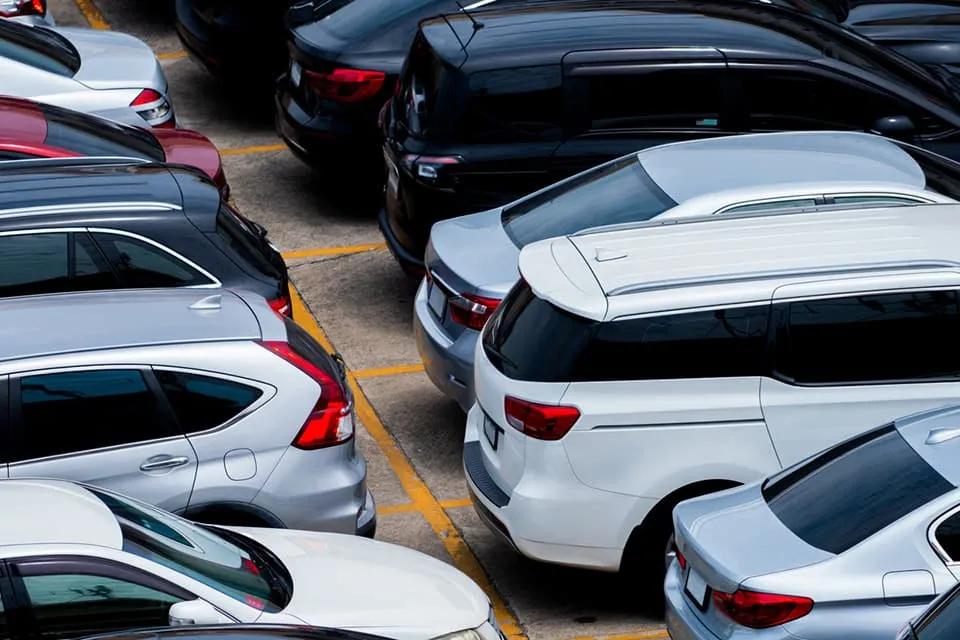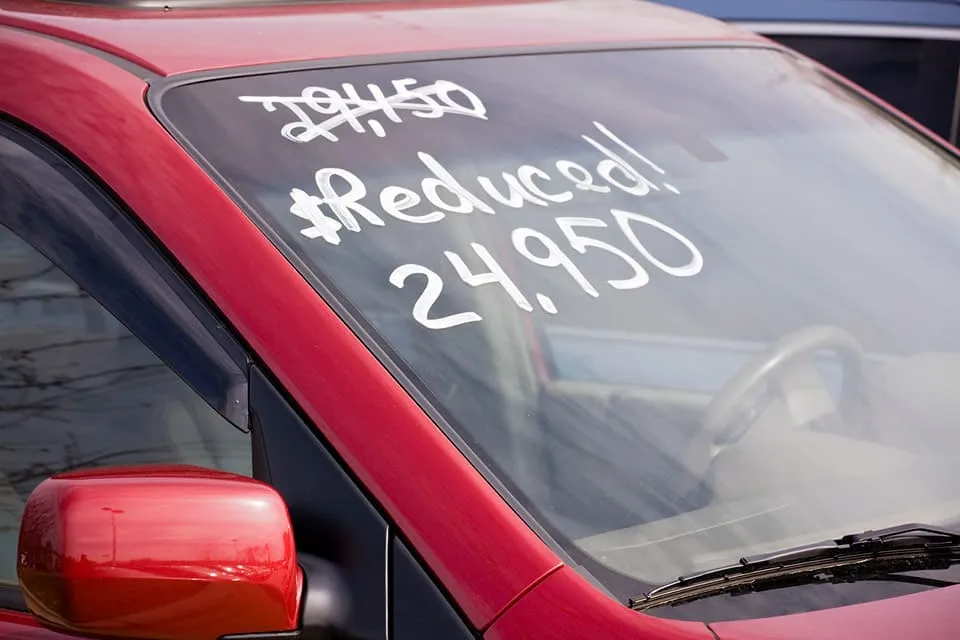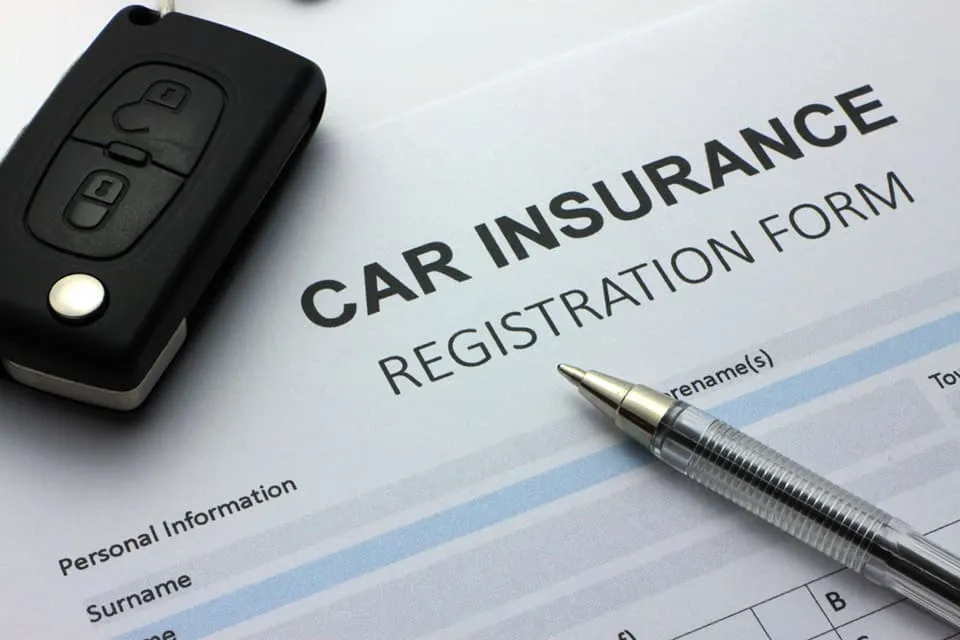Can You Lease a Used Car? 5 Steps to Do It

Yes, it is quite possible to lease a used car: you can do so by either getting a lease for a certified pre-owned car (CPO) or by taking over an existing lease from someone else. There are only a few simple steps you have to follow when leasing a used car; first, let's look at what exactly a car lease is.
What Is a Car Lease?
A car lease is a type of financing plan offered to consumers who wish to essentially "rent" a vehicle for a set period of time. They make monthly payments like one would with a loan; the main difference is, when the leasing period is over, the leaseholder does not own the car. A car lease can offer those who are uncertain about a particular vehicle the ability to try it out, and see if they would consider a longer-term commitment. If you're asking yourself, Can I lease a used car?, the answer is definitely yes! There are steps to ensure a smooth process, from checking the vehicle's condition to understanding the lease terms.
How To Lease A Used Car
Leasing a second hand car can be a smart and cost-effective choice, however, it's important to approach the process carefully to ensure you get the best deal.
Step #1: Finding the Right Dealer or Leaseholder
You will have a variety of dealers to choose from when getting your used-car lease, so make sure you do the proper research before selecting which one you will go with. Not every dealership offers a used car lease, and the ones that do will only lease out certified pre-owned vehicles. Call the dealers in your area and ask them what sort of used car leasing they offer, what types of vehicles they'll lease, and what warranties they will give on their used vehicles.
If you decide to take over the lease from someone else, you'll want to take a couple of preliminary steps before finalizing any transactions. These include:
- Looking through your options on a lease-swap website to compare deals
- Make sure the current leaseholder is trustworthy
- Have the vehicle inspected before taking over the lease
- Get a car history report
While a bit more challenging than getting a dealership lease, taking over someone else's used car lease can save you money. You can also get a shorter lease agreement by doing this, which can be beneficial if you find the vehicle doesn't quite match your expectations or needs.
Step #2: Getting a Good Deal

Make sure to shop around a bit and get several estimates before making your decision. If you find a vehicle you like, see if other dealerships or leaseholders have that same car for a better price. Using car value sites like Kelley Blue Book you can estimate what the vehicle's current worth is and compare it with the value once the lease is completed.
If you find that the used car lease terms don't seem like a fair deal, it's perfectly acceptable to negotiate with a dealership or private leaseholder. Don't forget to account for all the fees associated with getting or taking over a lease, and factor that into your total budget.
Step #3: Choosing a Warranty and Discussing Terms
While most certified pre-owned vehicles come with a warranty by default, you may be offered other warranty options when lease a used car. One option you may have is to get a vehicle service contract; for an extra fee, these warranties extend the coverage offered by your dealership. These can be valuable to fill in the gaps left by your original warranty.
You'll also want to look at what terms your dealer is offering for your lease and decide whether they work for you. Check to see whether your lease is closed-end or open-ended. A close-ended lease sets the car's residual value upfront, with no extra payments required after the lease ends, as long as you meet mileage and lease terms. With an open-ended lease, you can sometimes get a payment refund if the vehicle increases in value. Unfortunately, you may also be required to make extra payments if the vehicle drastically decreases in value.
Step #4: Deciding on Additional Coverage and Assessing Costs

You may choose or be required to take on extra coverage, like a guaranteed asset protection or GAP. A GAP covers any amounts required by your auto insurance company over the money left on your used car lease; this is done in the case of accident or theft. These costs can be paid upfront or included in your monthly payments, depending on what your dealership requires.
Speaking of costs, make sure to look at the total amount you'll need to pay, both upfront and over the course of your used car leasing. This means looking several factors including:
- Capitalized Cost: The capitalized cost of your car is the value of both the vehicle and associated services at the beginning of the lease. This cost can be reduced by trading in a vehicle or putting a downpayment on the car at the beginning of the lease, depending on the terms offered by your dealer.
- Residual Value: This is the estimated value of the vehicle at the conclusion of the used car lease. In a close-ended lease this is determined before any payments are made; with an open-ended the residual value may change as the lease agreement nears completion.
- Monthly Payments: This number will represent how much you need to pay each month to meet the requirements of your used car lease and retain ownership of your vehicle.
- Depreciation: Your dealer will estimate the rate your car will lose its value over time, known as depreciation. You'll make payments on this depreciation through your normal monthly payments.
- Use Tax: Some states require something called a "use tax" when taking out a lease. This is like the sales tax you'd pay when purchasing a vehicle, but designed to accommodate a used car lease specifically.
- Charge for Early Termination: If you lease a used car and you decide to end it up early, it's possible your dealer will require an early termination fee. This number will be decided before any payments are made, and usually equals one or two months of car payments.
Step #5: Read Through Terms Clearly, Make Prompt Payments
You should never sign any legal document before carelly reading through each section. You'll want to check each of the terms you are agreeing to, including extra charges for wear-and-tear and excessive mileage. Once you've studied each part of the document and signed, be sure to make your payments on time. If you fail to do so, you may default on your used car lease and be charged a hefty fine. Not only that, but you will likely have your vehicle repossessed.
Used Car Lease Frequently Asked Questions
Is it a Good Idea to Lease a Used Car?
Leasing a second hand car can be a good idea, but it depends entirely on your personal preference and budget. As long as the car you are leasing is in good condition and will function for the duration of your lease, leasing a used car can cost far less than leasing a new car. For those without the budget to purchase a new or used vehicle, leasing a used car can offer a way to make affordable monthly payments while keeping yourself on the road.
The major drawbacks to a used car lease is that most of the time, you do not have the option of owning the vehicle once the lease is concluded. For those looking for longer-term car ownership, leasing a used car may be a waste of money. Talk to your local dealerships and assess your budget before making any car-buying decision.
Can You Lease A Used Car with Bad Credit?
Bad credit can make it more difficult to lease a used-car, but not impossible. If a dealership does agree to give you a lease agreement, you may find yourself with less favorable terms and higher monthly payments than you anticipated. Dealers can also use your situation to lease out older vehicles with more wear-and-tear. Be wary when signing a lease on an older car; while they can be a cheaper option initially, they may break down over time and end up costing more money in the long run.
Can You Trade in a Leased Vehicle?
Generally you can trade in a leased car for both used and new ones. Car leases and loans are two different financial instruments: A car lease allows you to utilize a vehicle for a set amount of time, while a loan allows you to gradually pay off a car until you own it. Although you don’t own a leased car in the same way as a purchased one, you can still trade it in by working with the dealer to roll the remaining lease balance into a new lease or purchase.
How Much Does it Cost to Lease a Used Car?
The exact cost to lease a used car depends on the vehicle condition, your credit, and the terms set by the dealership. If you have poor credit, you will likely make higher monthly payments. If the vehicle is in a poor condition (unlikely with a certified pre-owned vehicle) that may make the total cost lower.
Where Can I Get More Information About Used Cars?
Whether you want to get a lease on a used-car or buy it outright, you'll want to get every detail you can before making your decision. Finding a car can be stressful, and doing your due diligence can prevent you from buying a lemon. If you want to get all the details you can about a used car, the best way to do so is with a vehicle history report.
Vehicle history reports draw information from thousands of databases to retrieve essential facts and figures about your car. These services can show you where a vehicle was made, how many times its ownership has changed hands, and any history of accidents. By choosing a high-quality service, you can make sure you avoid overpaying for a car lease, or worse, being scammed.
FREE Vehicle Search
- Accidents
- Problem Checks
- Title Records
- Recalls
- Values
- Specs
-
InfoPay, Inc. (dba GoodCar) is an Approved NMVTIS Data Provider
-
-


























